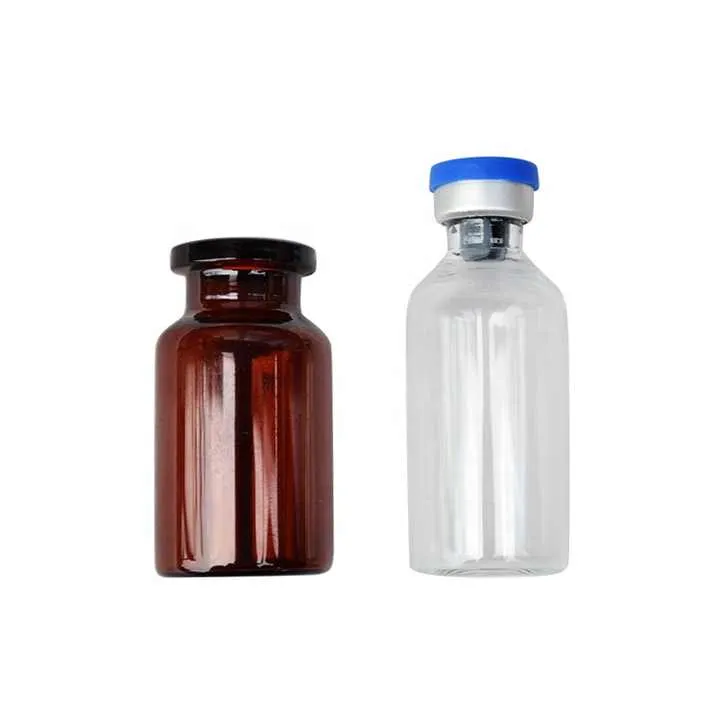
-
 Afrikaans
Afrikaans -
 Albanian
Albanian -
 Amharic
Amharic -
 Arabic
Arabic -
 Armenian
Armenian -
 Azerbaijani
Azerbaijani -
 Basque
Basque -
 Belarusian
Belarusian -
 Bengali
Bengali -
 Bosnian
Bosnian -
 Bulgarian
Bulgarian -
 Catalan
Catalan -
 Cebuano
Cebuano -
 Corsican
Corsican -
 Croatian
Croatian -
 Czech
Czech -
 Danish
Danish -
 Dutch
Dutch -
 English
English -
 Esperanto
Esperanto -
 Estonian
Estonian -
 Finnish
Finnish -
 French
French -
 Frisian
Frisian -
 Galician
Galician -
 Georgian
Georgian -
 German
German -
 Greek
Greek -
 Gujarati
Gujarati -
 Haitian Creole
Haitian Creole -
 hausa
hausa -
 hawaiian
hawaiian -
 Hebrew
Hebrew -
 Hindi
Hindi -
 Miao
Miao -
 Hungarian
Hungarian -
 Icelandic
Icelandic -
 igbo
igbo -
 Indonesian
Indonesian -
 irish
irish -
 Italian
Italian -
 Japanese
Japanese -
 Javanese
Javanese -
 Kannada
Kannada -
 kazakh
kazakh -
 Khmer
Khmer -
 Rwandese
Rwandese -
 Korean
Korean -
 Kurdish
Kurdish -
 Kyrgyz
Kyrgyz -
 Lao
Lao -
 Latin
Latin -
 Latvian
Latvian -
 Lithuanian
Lithuanian -
 Luxembourgish
Luxembourgish -
 Macedonian
Macedonian -
 Malgashi
Malgashi -
 Malay
Malay -
 Malayalam
Malayalam -
 Maltese
Maltese -
 Maori
Maori -
 Marathi
Marathi -
 Mongolian
Mongolian -
 Myanmar
Myanmar -
 Nepali
Nepali -
 Norwegian
Norwegian -
 Norwegian
Norwegian -
 Occitan
Occitan -
 Pashto
Pashto -
 Persian
Persian -
 Polish
Polish -
 Portuguese
Portuguese -
 Punjabi
Punjabi -
 Romanian
Romanian -
 Russian
Russian -
 Samoan
Samoan -
 Scottish Gaelic
Scottish Gaelic -
 Serbian
Serbian -
 Sesotho
Sesotho -
 Shona
Shona -
 Sindhi
Sindhi -
 Sinhala
Sinhala -
 Slovak
Slovak -
 Slovenian
Slovenian -
 Somali
Somali -
 Spanish
Spanish -
 Sundanese
Sundanese -
 Swahili
Swahili -
 Swedish
Swedish -
 Tagalog
Tagalog -
 Tajik
Tajik -
 Tamil
Tamil -
 Tatar
Tatar -
 Telugu
Telugu -
 Thai
Thai -
 Turkish
Turkish -
 Turkmen
Turkmen -
 Ukrainian
Ukrainian -
 Urdu
Urdu -
 Uighur
Uighur -
 Uzbek
Uzbek -
 Vietnamese
Vietnamese -
 Welsh
Welsh -
 Bantu
Bantu -
 Yiddish
Yiddish -
 Yoruba
Yoruba -
 Zulu
Zulu
The various applications and importance of plastic vaccine bottles
In the field of modern medicine, the development and distribution of vaccines are important components of public health. The effectiveness of vaccines depends not only on their composition and technology, but also on the choice of packaging materials. Plastic vaccine bottles play an indispensable role in the storage, transportation, and use of vaccines due to their many advantages.

Plastic vaccine bottles have good sealing and protection properties, which can effectively isolate bacteria, dust and other pollutants in the external environment. This characteristic ensures that vaccines maintain their biological activity during storage and transportation, reducing the risk of vaccine failure caused by external factors. Therefore, the effectiveness of the vaccine is guaranteed, and the protective effect after vaccination is significantly enhanced.
The lightweight nature of plastic vaccine bottles makes them highly suitable for large-scale vaccination campaigns
The transportation and administration of vaccines is a challenge globally, especially in remote areas. Compared to glass bottles, plastic vaccine vials not only reduce transportation costs, but also lower the rate of damage during transportation. This is particularly important for public health challenges that require rapid response to epidemics or large-scale vaccination. In addition, the design of plastic bottles is usually more user-friendly, making it easier for medical personnel to operate and improving the efficiency of vaccine administration.
The recyclability of plastic vaccine bottles is increasingly being valued
With the increasing global demand for environmental protection, the sustainability of plastic as a material has gradually attracted attention. Many plastic vaccine vials use recyclable or biodegradable materials to reduce their negative impact on the environment. Through a reasonable recycling mechanism, the use of plastic vaccine bottles can be combined with ecological sustainability, thereby promoting the harmonious coexistence of public health and environmental protection actions.
The application of plastic vaccine bottle is also constantly innovating and developing
With the advancement of technology, intelligent plastic vaccine vials are gradually emerging, equipped with temperature sensors and data recording functions. These smart bottles can monitor vaccine storage conditions in real time and issue alerts when temperatures are abnormal, further ensuring the safety and effectiveness of vaccines. This innovation not only improves the level of vaccine management, but also enhances the public's trust in vaccine administration.
In summary, plastic vaccine bottles play an important role in ensuring vaccine effectiveness, improving vaccination efficiency, promoting environmental protection, and driving technological innovation. With the continuous efforts of the world to address diseases and improve public health, the importance of plastic vaccine bottles will become increasingly prominent. Only by fully recognizing and utilizing the advantages of this material can we better address future health challenges and ensure the safety and health of human life.






















